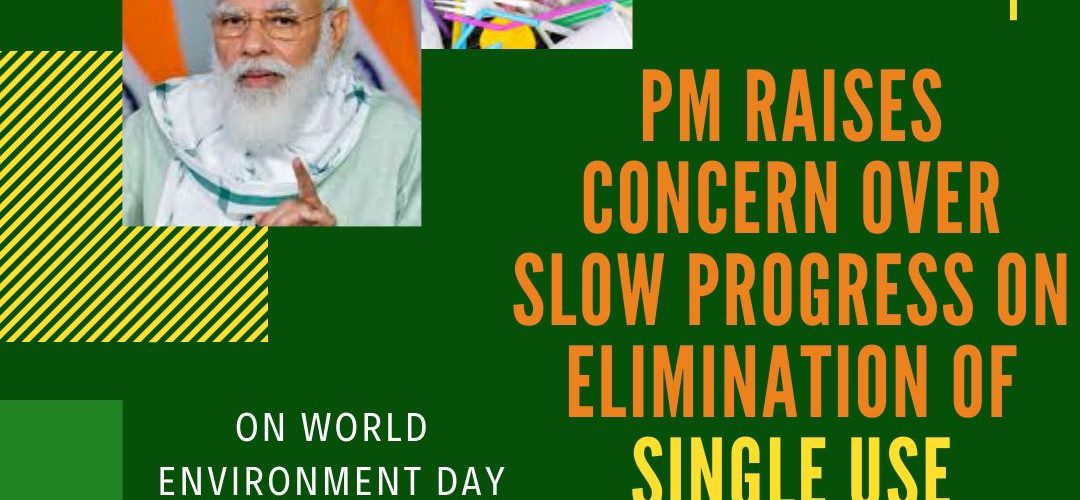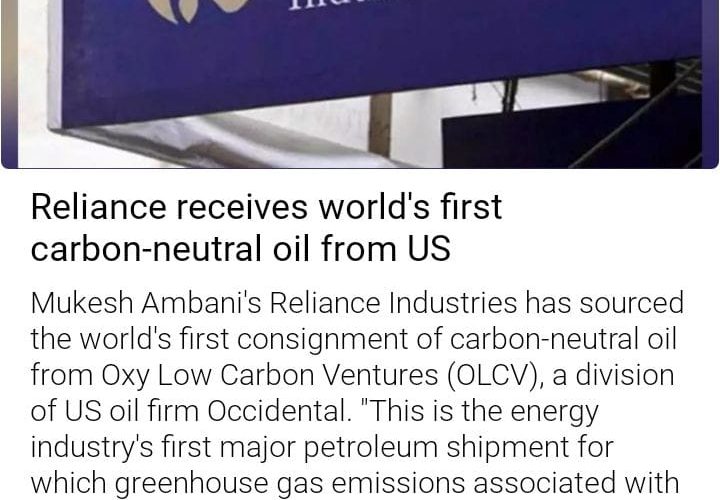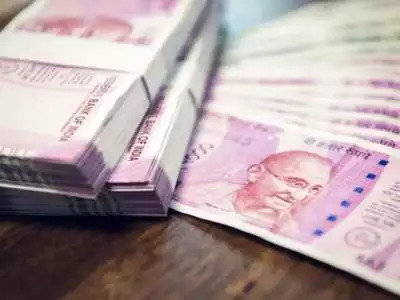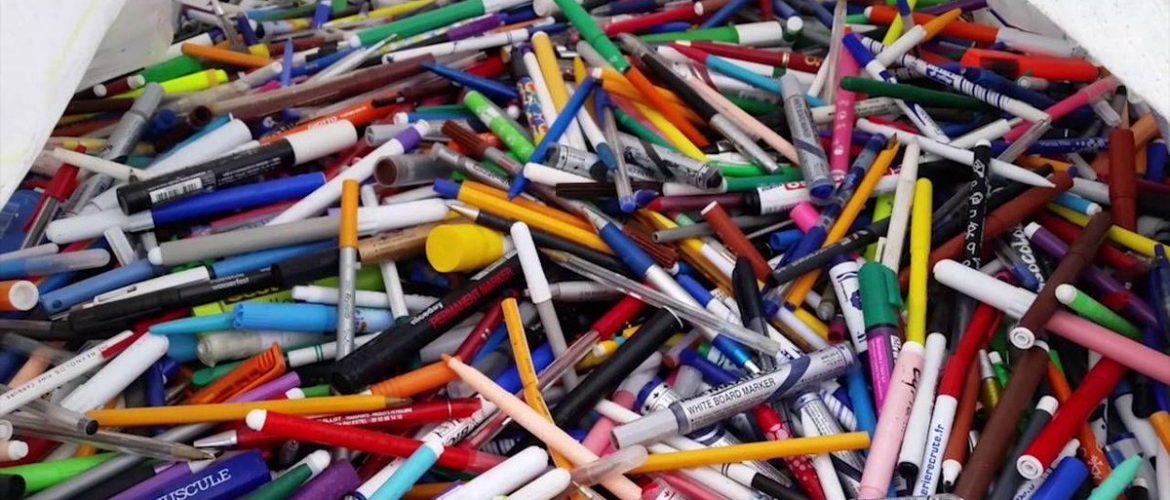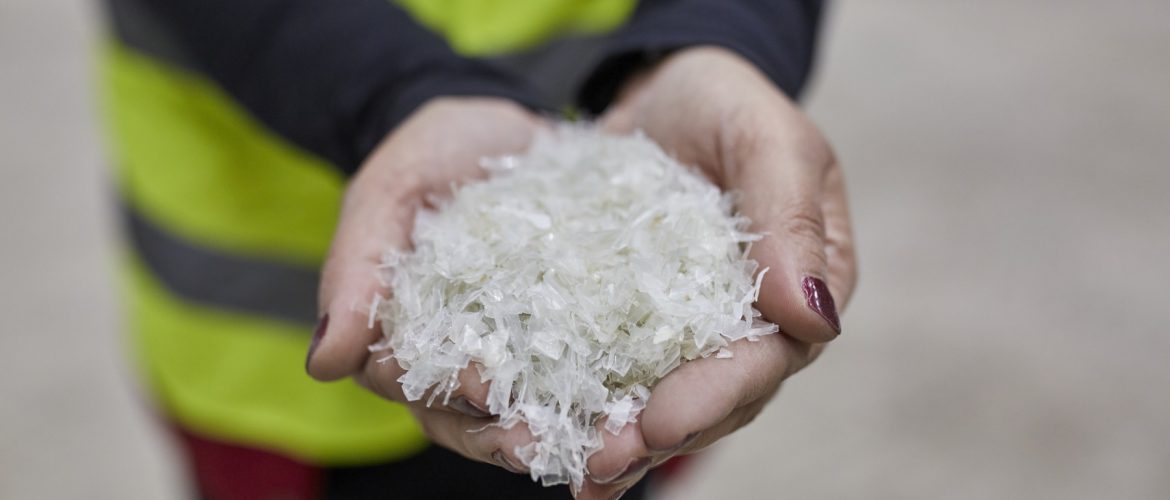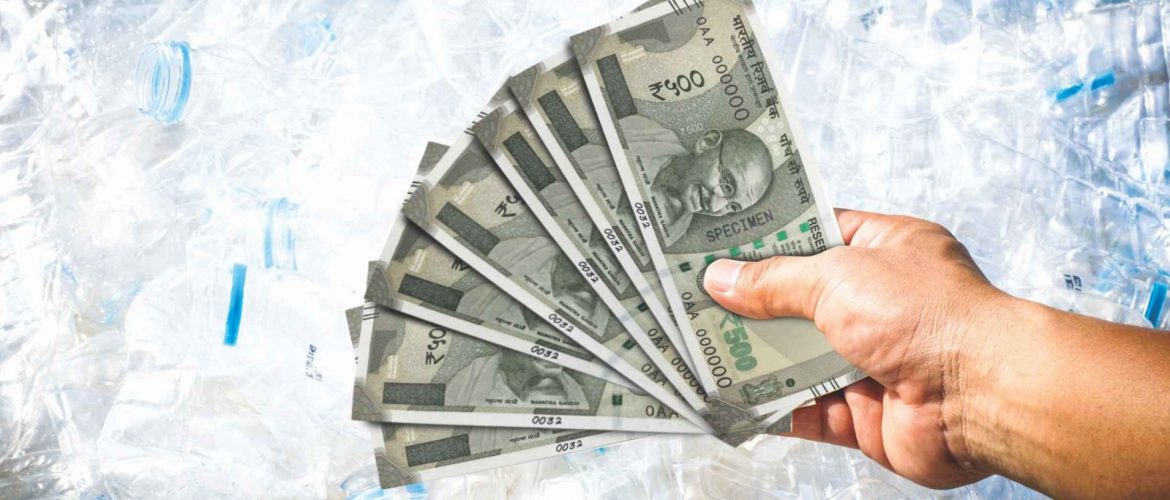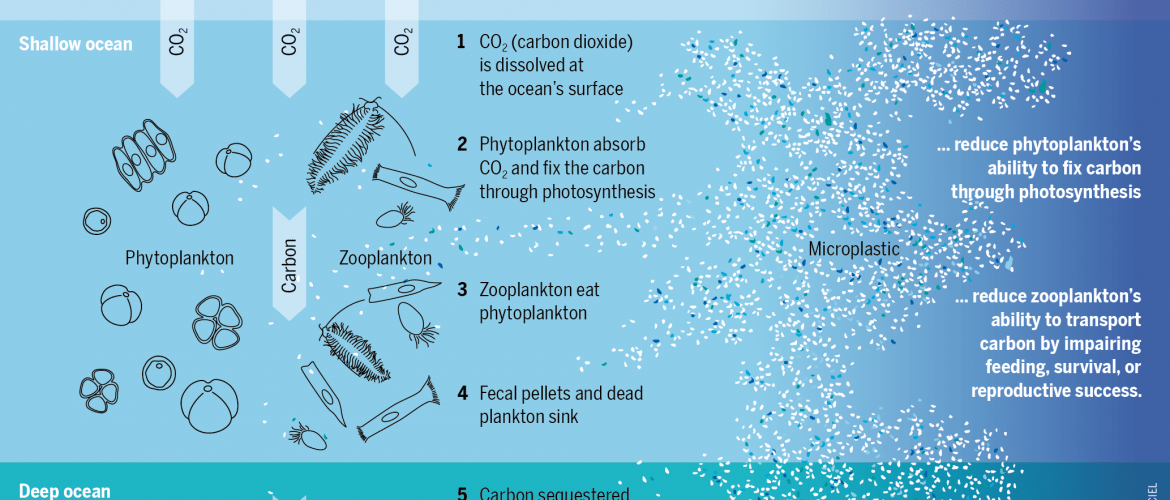After creating a nationwide stir in 2018, the conversation on eliminating single – use plastics is back on! PM Narendra Modi initiated serious conversations to release guidelines in order to phase out the use of single-use plastics and pushed the Environment and Forest Ministry (moEFCC) on their lack of progress. MoEFCC may release the final draft of the definition of Single-use plastics and timeline to eliminate SUPs as early as next week! What do you think will be a part of
Source: https://inshorts.com/en/read Mukesh Ambani’s Reliance Industries has sourced the world’s first consignment of carbon-neutral oil from Oxy Low Carbon Ventures (OLCV), a division of US oil firm Occidental. “This is the energy industry’s first major petroleum shipment for which greenhouse gas emissions associated with the entire crude lifecycle, well head through the combustion of end products, have been offset,” OLCV said.
NEW DELHI: With a committee comprising Central Pollution Control Board, National Environmental Engineering Research Institute and IIT-Delhi members assessing Rs 450 crore as cost of damage to the environment due to dump sites in Delhi, National Green Tribunal said CPCB is at liberty to recover the amount with a further penalty for continuing damage. Source : https://timesofindia.indiatimes.com/city/delhi/cpcb-may-collect-landfill-impact-fine/articleshow/80638617.cms The panel was tasked by NGT to ascertain the environmental damage caused by the waste dumps and based their calculations on factors such as legacy
The National Green Tribunal last week observed that plastic pens are covered under the meaning of “plastic” as provided in Rule 3(o) of the Plastic Waste Management Rules, 2018 and therefore, they are also covered by the statutory framework of the said Rules. SOURCE : https://www.livelaw.in/environment/national-green-tribunal-plastic-pens-plastic-waste-management-rules-168411?infinitescroll=1 SOURCE : https://www.livelaw.in/environment/national-green-tribunal-plastic-pens-plastic-waste-management-rules-168411?infinitescroll=1 The bench also directed the Ministry of Environment, Forest and Climate Change to finalize the Extended Producers’ Responsibility (EPR) mechanism. It also directed the Central Pollution Control Board to coordinate with the Pollution
TOMRA and Borealis have today announced the operational start of their advanced mechanical recycling demo plant in Lahnstein, Germany, the result of a partnership that marries chemistry with technology for unsurpassed results. “This plant is just the beginning of what’s possible when key players in the value chain come together to make a truly significant impact in the market,” says Volker Rehrmann, Executive Vice President and Head of Circular Economy at TOMRA. “Having just launched the new Circular
Plastic as a packaging material has become most convenient and economical for the industry in general and FMCG in particular. It is known that ‘plastic circular economy’ can be created to profitably bring back used plastic to the mainstream economy. Please Register Here https://proindia.net/services/franchising/ to become a Franchisee of Pro India. We are doing a VC Meeting to explain the Franchise Opportunity with Pro India- tomorrow with our partners Franchise India. We would answer all your
It is estimated by the National Institutes of Health, Centers for Disease Control and Prevention, UCLA and Princeton University that the virus lives on plastic surfaces for 3 days. Researchers have found that reusable bags do carry pathogens, although there is no evidence about whether they might transmit the virus that causes COVID-19. How has this affected the use of plastics? Less than six months ago, Massachusetts was on the verge of passing a state-wide ban on single-use plastic bags. At least
How could 500 Billion Beverage Plastics Packaging be Sustainable? Can the earth take this load year after year? Can India take innovative & sustainable path of Bottle to Bottle? Are we ready for using our plastics back to make & consume food grade bottles – a truly CIRCULAR Economy An interesting panel chaired at Mumbai with BEVTECH. Thanks Dnyanesh ‘DV’ Darshane for organizing the same. Felt like a family with #Coke
NEW DELHI: GMR-led Delhi International Airport Ltd (DIAL) said on Monday that Delhi’s Indira Gandhi International Airport has become free of single-use plastic usage. The Confederation of Indian Industry-ITC Centre of Excellence for Sustainable Development (CII-ITC CESD) that supports the business community towards achieving sustainability has certified DIAL for its successful voluntary implementation of single-use plastic-free airport measures within IGI Airport’s operations. “Our objective to make Delhi Airport free from single-use plastic is in line with the Prime Minister’s vision to
Plastic in our oceans – What happens next? Plastic interferes with ocean life on a micro-scale as well, leading to exponential dangers to the ocean ecosystem. Image source: https://lnkd.in/fwJcwB6 | Image by Heinrich-Böll-Stiftung Single-use plastic items are the biggest single group of waste found on seashores: products such as plastic cutlery, drink bottles, cigarette butts or cotton buds make up almost half of all sea litter. We are dedicated to Plastic Circularity & Solid Waste Management.


